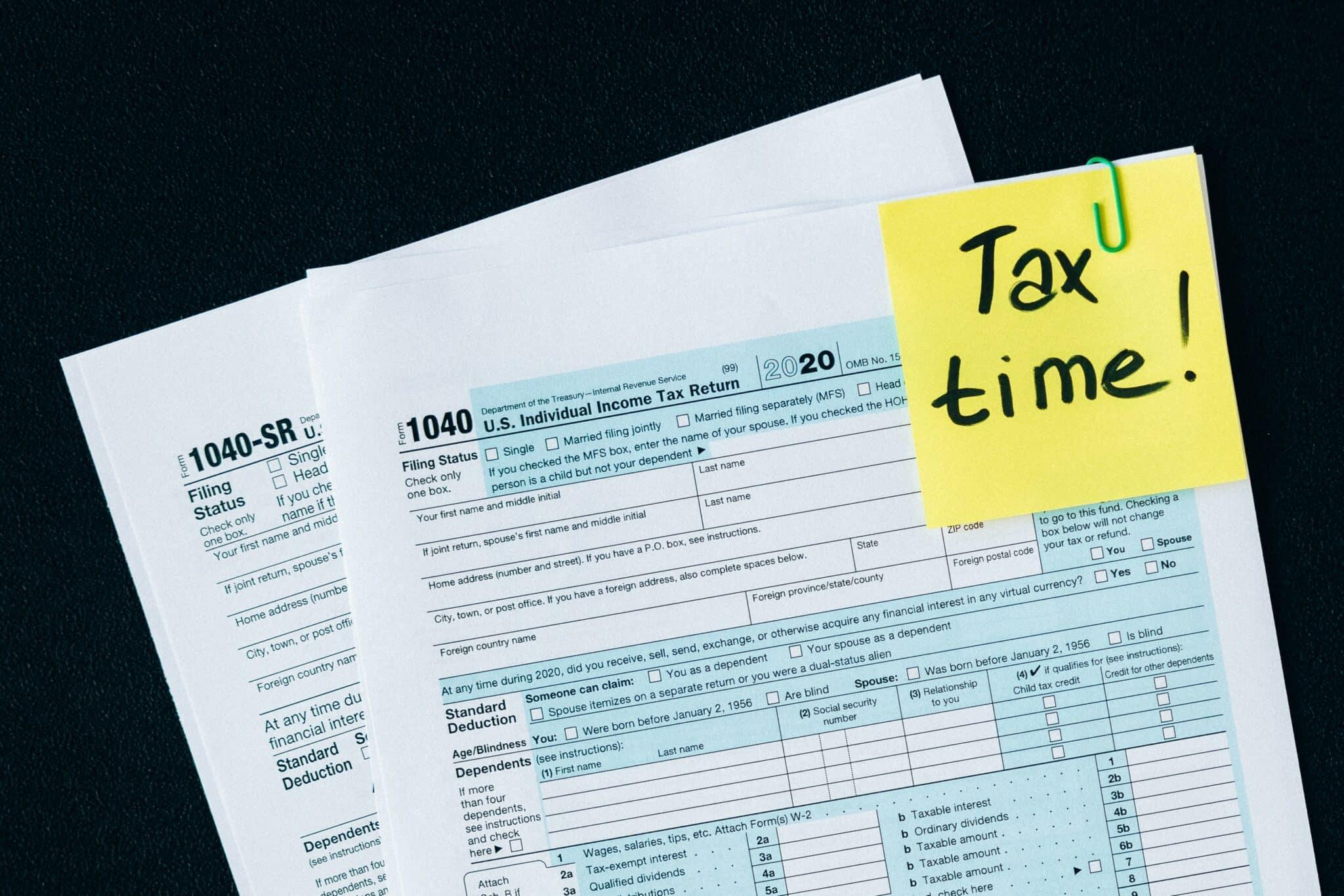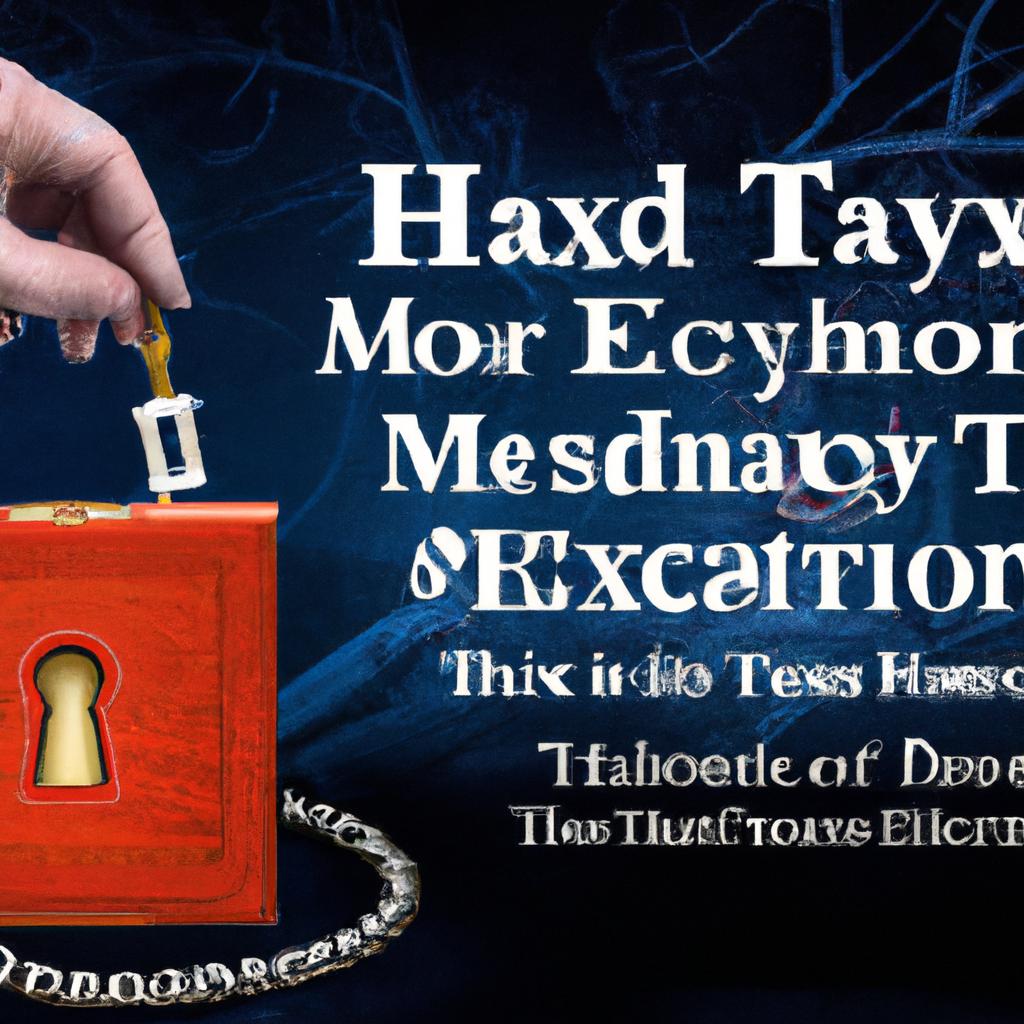Dealing with the legal and financial matters of a deceased loved one can be a daunting task. A critical part of this process is securing a tax identification number (TIN) for the estate account. This unique identifier is essential for managing the assets and liabilities of the deceased. In this article, we delve into the significance of a tax ID for estate accounts and guide you on how to acquire one.
The Significance of a Tax ID for Estate Account
When it comes to overseeing the finances and assets of a deceased person, a tax ID for the estate account is indispensable. This unique identifier facilitates the proper management and reporting of income and expenses associated with the estate. Here are some crucial points to bear in mind:
- Legal Obligations: The IRS mandates a tax ID for the estate account to accurately monitor and report the estate’s income and expenses.
- Asset Safeguarding: A tax ID for the estate account aids in protecting the assets within the estate and ensures they are correctly accounted for.
Securing a tax ID for the estate account allows executors and administrators to efficiently manage the deceased’s finances and assets without any legal or tax complications. It is a vital part of the estate administration process that should not be ignored.
Advantages of Securing a Tax ID for Estate Account
Obtaining a tax ID for an estate account offers numerous benefits for those managing a deceased person’s affairs. A significant advantage is that it enables the separation of personal and estate finances, simplifying the tracking and management of estate-related expenses.
With a tax ID, estate administrators can open bank accounts, apply for credit, and carry out financial transactions on behalf of the estate. This can expedite the process of settling debts, distributing assets, and meeting any remaining obligations.
Moreover, having a tax ID for an estate account can ease tax filing requirements for the estate. By securing a separate identification number, administrators can accurately report income, deductions, and other financial details related to the estate, potentially minimizing the risk of audit or errors.
Procedure to Secure a Tax ID for Estate Account
Securing a tax ID for an estate account is a vital step in overseeing the financial affairs of a deceased person. Here are the steps you need to follow to secure a tax ID for an estate account:
- Fill Out Form SS-4: Complete Form SS-4, Application for Employer Identification Number, with the necessary information about the estate.
- Assemble Required Documentation: Gather all required documents, such as the death certificate of the deceased individual and any legal documents demonstrating your authority over the estate.
- Submit the Application: Send the completed Form SS-4 and supporting documents to the IRS either online, via fax, or by mail.
- Wait for Processing: Once the application is submitted, wait for the IRS to process it and assign a tax ID for the estate account.
| Document | Description |
|---|---|
| Death Certificate | Provide evidence of the deceased individual’s passing. |
| Legal Documents | Submit documents proving your authority over the estate. |
Key Points to Remember When Using a Tax ID for Estate Account
When setting up an estate account, using a tax ID is a crucial step to ensure proper asset management. There are several key points to remember when using a tax ID for an estate account.
- Accuracy is vital when providing personal information for the tax ID application.
- Ensure to maintain detailed records of all transactions and expenses related to the estate account.
- Consult with a tax professional to understand any potential tax implications or obligations associated with the estate account.
Furthermore, it is crucial to appoint a responsible individual to supervise the management of the estate account and ensure compliance with all relevant laws and regulations. By carefully considering these factors, you can help to protect the assets within the estate account and ensure that they are managed effectively.
| Consideration | Significance |
|---|---|
| Accuracy in personal information | High |
| Record-keeping | Crucial |
| Professional consultation | Essential |
| Appointment of responsible individual | Key |
The Wrap-up
In conclusion, securing a tax ID for your estate account is a necessary step in managing the finances of a deceased individual. This unique identifier allows for proper reporting and tracking of income and expenses related to the estate. By following the steps outlined in this article, you can ensure that your estate complies with tax laws and regulations. Remember, seeking professional guidance in this process can help alleviate any confusion or potential pitfalls. Here’s to a smooth and successful estate settlement process!

Unlocking the Mystery: How to Obtain a Tax ID for Your Estate Account
What is a Tax ID for an Estate Account?
An Estate Account Tax ID, also known as an EIN (Employer Identification Number), is a unique nine-digit number assigned by the Internal Revenue Service (IRS) to estates, trusts, and other entities for tax filing and reporting purposes. It is essentially the social security number for your estate account, enabling you to open bank accounts, pay taxes, and conduct financial transactions on behalf of the estate.
Why Do You Need a Tax ID for Your Estate Account?
- Opening a Bank Account: Most financial institutions require an EIN to open an estate account.
- Tax Reporting: You need an EIN to file estate taxes and report income earned by the estate.
- Legal Requirements: It is a legal requirement to have a Tax ID for an estate account for tax compliance purposes.
How to Obtain a Tax ID for Your Estate Account
Obtaining a Tax ID for your estate account is a straightforward process that can be done online via the IRS website or through mail by filling out Form SS-4. Here are the steps to obtain an EIN:
- Visit the IRS website or download Form SS-4.
- Complete the required information about the estate and the executor/trustee.
- Submit the form online or by mail.
- Receive your EIN instantly (online) or within a few weeks (by mail).
Benefits of Obtaining a Tax ID for Your Estate Account
Having a Tax ID for your estate account offers several benefits:
- Legal Compliance: Avoid penalties for not having a valid Tax ID for the estate.
- Financial Flexibility: Open bank accounts and invest on behalf of the estate.
- Streamlined Tax Filing: Simplify tax reporting and income distribution to beneficiaries.
Practical Tips for Managing Your Estate Account
Here are some practical tips to effectively manage your estate account:
- Keep detailed records of all financial transactions and expenses related to the estate.
- Consult with a tax professional to ensure proper tax reporting and compliance.
- Regularly review and update beneficiary designations and estate plans.
Case Study: John’s Experience Obtaining a Tax ID for His Estate Account
John recently inherited his late father’s estate and needed to obtain a Tax ID to manage the assets and financial affairs of the estate. After following the steps to apply for an EIN online, John received his Tax ID promptly and was able to open a bank account, file taxes, and distribute assets to beneficiaries without any hiccups.
First-Hand Experience: Sarah’s Journey to Obtaining a Tax ID for Her Estate
Sarah, a trustee of a family trust, shares her experience of obtaining a Tax ID for the estate account. She highlights the importance of staying organized and keeping accurate records to ensure smooth financial management and tax reporting for the estate.


